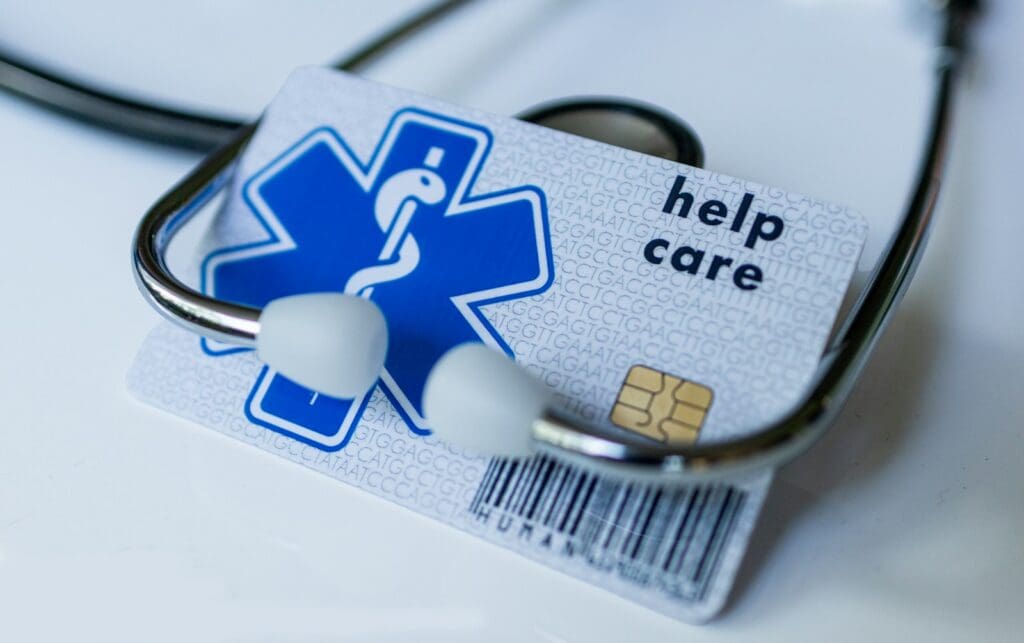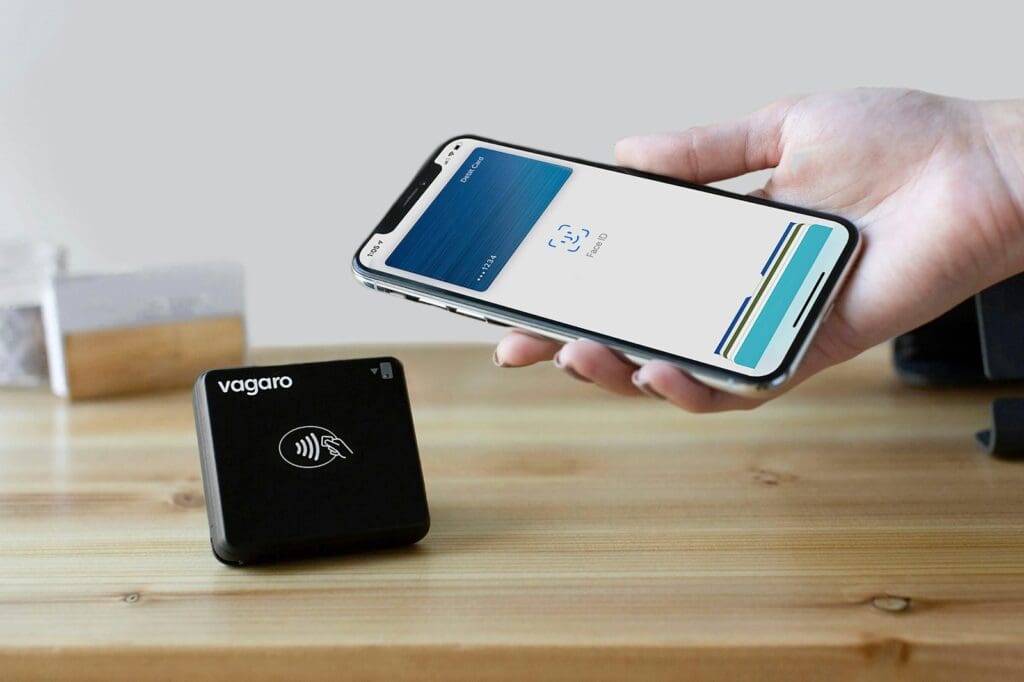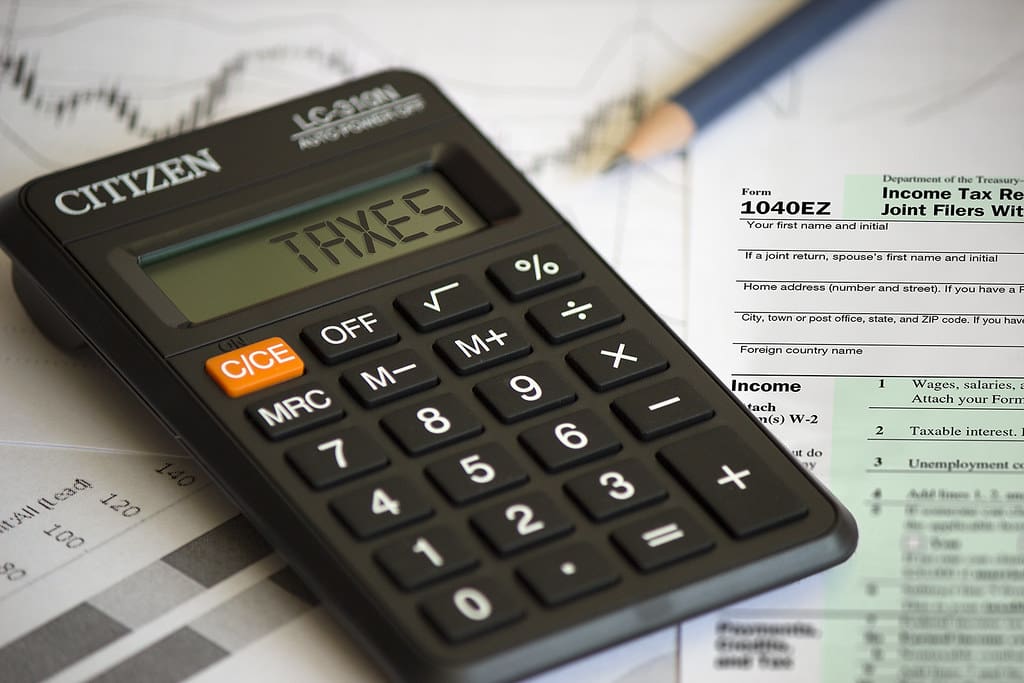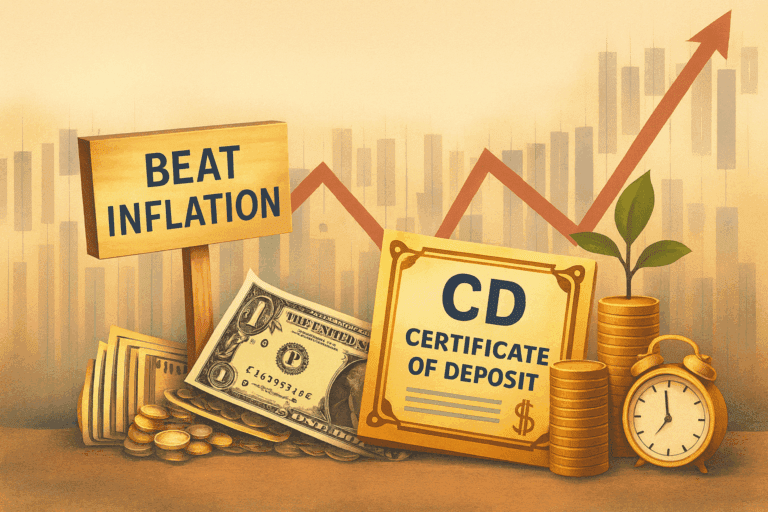Student loans might seem like a financial necessity but they actually aren’t. Nonetheless, they make sense for many people. However, students and parents must understand these ten things before taking out a loan.
10. Know the Loan Terms Upfront

Before considering a federal government student loan, make sure you understand the loan terms before signing the promissory note (which spells out the terms and conditions). Generally, loan payments begin six months after graduation. Private loans work differently and have different terms and conditions. Once you sign for any type of loan, you agree to meet the conditions.
9. Know Your Federal Loan Repayment Options

There are eight different repayment plans and options for federal student loans. Many are based on the student’s income relative to the amount of student loans outstanding. Unfortunately, it doesn’t consider the local cost of living. In high-cost-of-living areas, your wage may be high, which undermines your ability to qualify for income-based repayment plans.
8. Discuss Cosigner Responsibilities

When parents cosign for a student loan(s) for one of their children, they are also legally responsible for repaying those loans. Naturally, different families will have different expectations for who makes the payments. But it’s not a bad idea to put the agreement in writing to ensure everyone is clear on the plan and accountable. Plans can always be modified.
7. Understand Loan Forgiveness Conditions

Government student loans can be discharged or forgiven under numerous conditions. The most common are student borrowers who work in a field of public service or suffer adverse health conditions. Borrowers working in public service fields may be eligible for the Public Service Loan Forgiveness program. Borrowers who suffer from long-term disability or expire may also have loans discharged.
6. Remain Open to Refinancing

Interest rates can drop from the time a student graduates compared to when they took out the loan. It may be possible to refinance some of your student loans with a private lender for a lower interest rate than you are currently paying. Don’t get tricked by lenders offering a lower payment over a longer term – you’ll pay more overall.
5. Ask for Relief if You Need It

If you’re struggling to make your loan payments, you may qualify for relief in two ways. One is to request general forbearance, which grants up to 12 months if you’re temporarily unable to make your payments due to financial difficulties, medical expenses, change in employment, or other acceptable reasons. Other circumstances, such as residency internships, may grant you mandatory forbearance.
4. You Can Pause Some Loans if You Return to Higher Education

If you’re already paying on a federal student loan and you decide to return to higher education, returning to school at least half-time enables you to pause those loans. With subsidized federal student loans, interest does not accumulate. However, with private student loans and non-subsidized federal student loans, interest keeps accumulating. With some private loans, you cannot pause payments.
3. Save Money With Autopay

Many loan servicers and lenders will deduct 0.25% or so off your effective interest rate if you pay your loan using auto-payment. Some private lenders may reduce the rate even more. Autopay helps ensure no missed or late payments. One potential downside is you need to make sure the automatic payment never leads to your checking account being overdrawn.
Read More: Everything You Should Know About College Grants
2. Make Use of Student Loan Interest Deduction

If you’re at least half-time in a recognized educational program, you may deduct up to $2500 on your federal income tax each calendar year for interest from federal and private student loans. For 2024, you qualify if your modified adjusted gross income (MAGI) is between $80,000 and $95,000 for single taxpayers and between $165,000 and $195,000 for married couples filing jointly.
Read More: 10 Questions to Ask Before Taking Out a Personal Loan
1. Keep Close Track of Your Loans

Some students take out loans from numerous sources. It can be difficult to keep track of them. Loans can be from multiple lenders and/or services by the time a college degree is earned. Make sure to document the due dates and make a total of the accumulated debt. This will help if you decide to refinance or consolidate the debt.
Read More: 10 Things to Know Before Taking Out Student Loans







